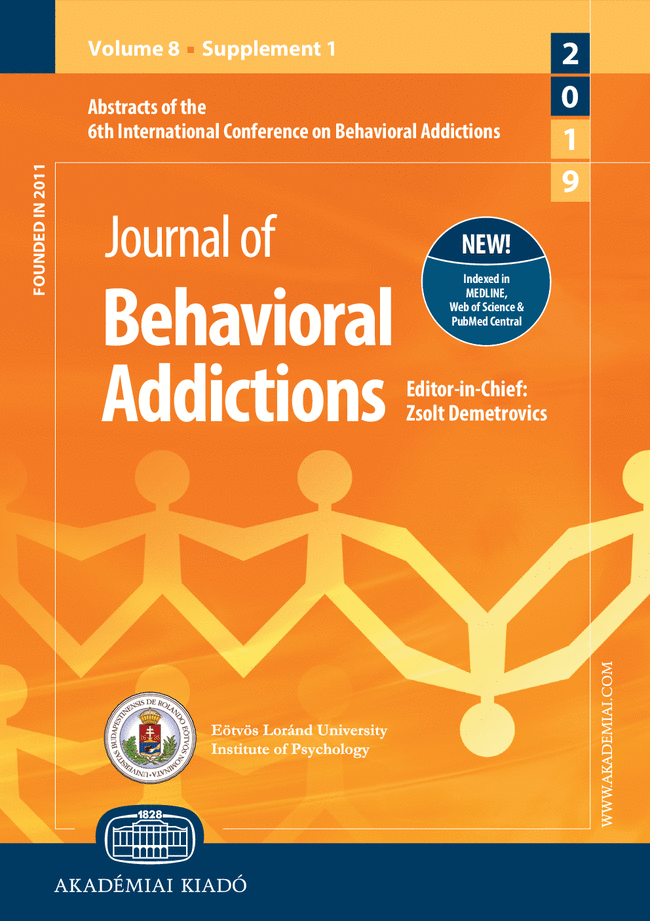The association of problematic smartphone use with family well-being mediated by family communication in Chinese adults: A population-based study
The association of problematic smartphone use with family well-being mediated by family communication in Chinese adults: A population-based study
Author(s): Ningyuan Guo, Man Ping Wang, Tzu Tsun LukSubject(s): Behaviorism
Published by: Akadémiai Kiadó
Keywords: problematic smartphone use; family well-being; family communication; population-based study
Summary/Abstract: Background and aims. Few studies have investigated the effects of problematic smartphone use (PSU) in the family context. We studied the association of PSU as a predictor with family well-being and the potential mediating role of family communication in Hong Kong Chinese adults. Methods. We analyzed data of 5,063 randomly selected adults [mean age (SD) = 48.1 (18.2) years; 45.0% men] from a dual landline and mobile telephone survey in 2017. PSU was assessed by the Smartphone Addiction Scale-Short Version with higher scores indicating higher levels. Family well-being was assessed by three questions on perceived family health, harmony, and happiness (3Hs) with higher scores indicating greater well-being. Perceived sufficiency and quality of family communication were rated. Multivariable regression analyses examined (a) associations of PSU with family 3Hs and well-being and (b) mediating role of family communication, adjusting for sociodemographic variables. Results. PSU was negatively associated with perceived family health (adjusted β = −0.008, 95% CI = −0.016, −0.0004), harmony (adjusted β = −0.009, 95% CI = −0.017, −0.002), happiness (adjusted β = −0.015, 95% CI = −0.022, −0.007), and well-being (adjusted β = −0.011, 95% CI = −0.018, −0.004). Perceived family communication sufficiency (adjusted β = −0.007, 95% CI = −0.010, −0.005) and quality (adjusted β = −0.009, 95% CI = −0.014, −0.005) mediated the association of PSU with family well-being, with 75% and 94% of total effects having mediated, respectively. Discussion and conclusions. PSU was negatively associated with family well-being, which was partially mediated by family communication. Such findings provide insights for health programs to prevent PSU and improve family well-being.
Journal: Journal of Behavioral Addictions
- Issue Year: 8/2019
- Issue No: 3
- Page Range: 412-419
- Page Count: 8
- Language: English

